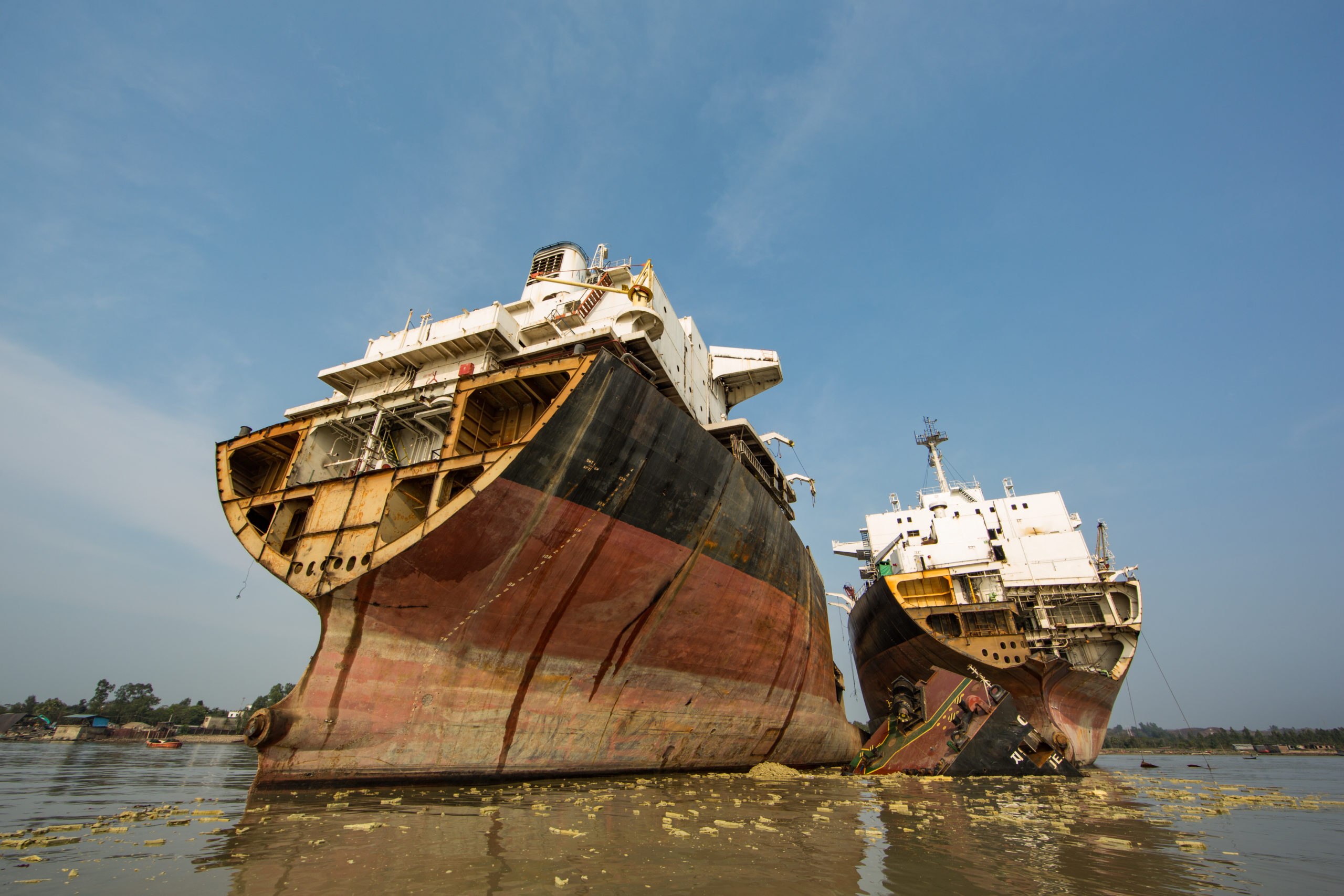The NGO Shipbreaking Platform in its latest report sheds light on the diverse challenges faced by the ship recycling sector in Aliağa, Turkey.
In its findings the NGO raises serious concerns about Aliağa, as regulatory gaps persist in every stage of the ship recycling process, from the permitting of the yards, the import of the ships and their dismant-ling, to the smelting of steel scrap and disposal of the hazardous wastes.
The ship recycling yards in Aliağa, as NGO Shipbreaking Platform said, have been exempted from having to conduct Environmental Impact Assessments, and the environmental licensing and permitting process for the ship recycling sector has been put on hold since 2016, awaiting a separate instrument outlining specific procedures for ship recycling.
However, it also said that Turkey is capable of sustainable ship recycling, but requires stronger regulation and enforcement.
Turkey possesses significant opportunities to achieve sustainable ship recycling and steel production given its strategic location and industrial capabilities. However, the sector needs stronger regulation and enforcement, incentives, and vision to fulfil this potential, NGO suggests.
Turkey has the fourth largest ship recycling industry globally and is one of the world’s largest importers of scrap steel.
“While the report sheds light on the diverse challenges faced by the ship recycling sector in Aliağa, it also emphasises the vast potential for fostering sustainable practices in Turkey and outlines a clear path towards achieving this goal,” the NGO Shipbreaking Platform noted.
Turkey is the fourth scrapping destination worldwide, after Bangladesh, India and Pakistan. The total number of end-of-life vessels dismantled in Turkey has steadily increased since 2009.
The highest gross tonnage (GT) dismantled reached its peak in 2020 at 1.776 million GT, whilst the highest number of ships, 281, were dismantled in 2012.
The NGO Shipbreaking Platform is a global coalition of organisations aiming to promote safe and environmentally sound recycling practices.



